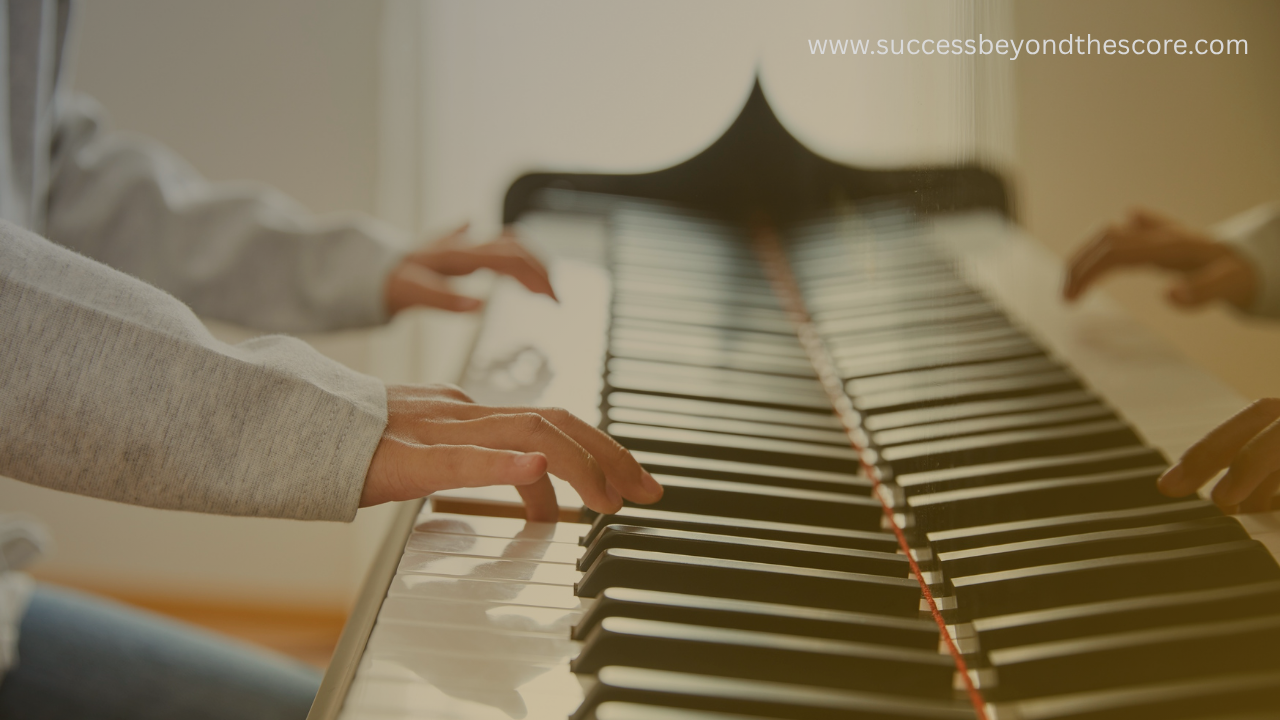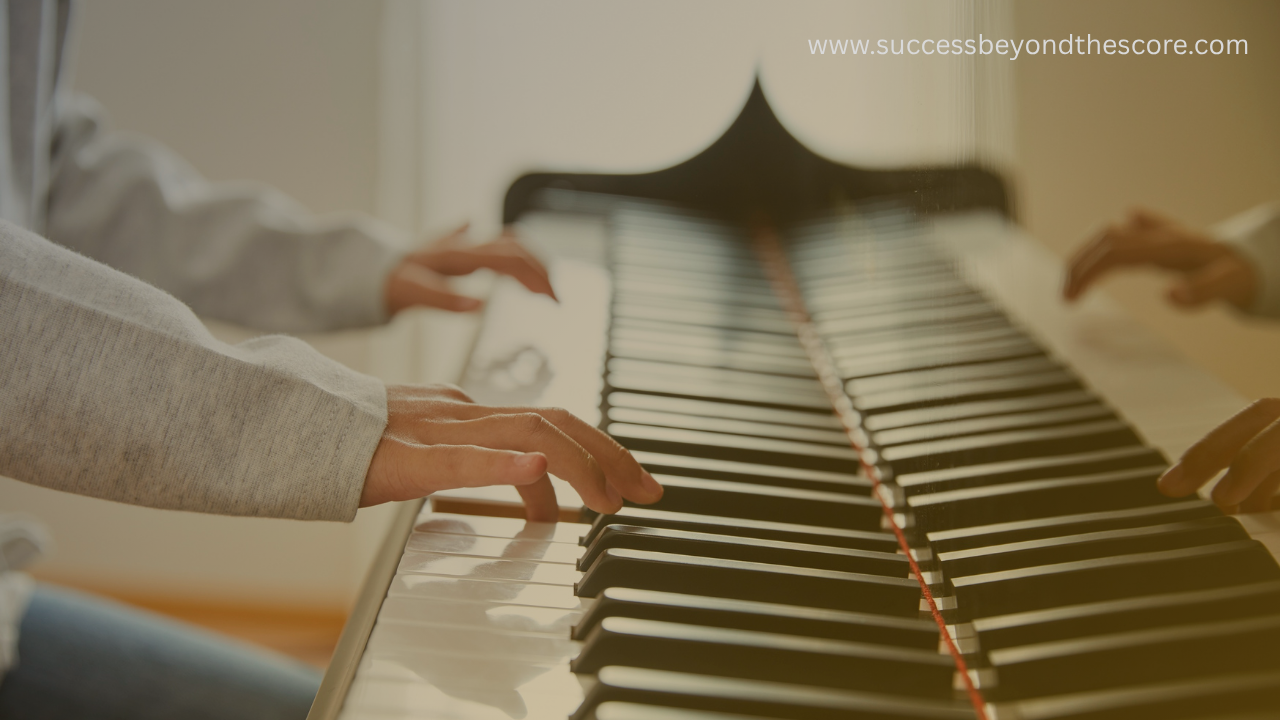A free health service for the Performing Arts sector

Performance art demands the better and the most from creatives. Our physical and mental capabilities are always being tested. We engage our memory to learn the parts of our act and be able to perform them on stage from beginning to end, and we need endurance to withstand it without losing our energy and presence. We require quick problem-solving skills to react accordingly if something goes wrong (and how many things can and will go wrong!), along with good stress and anxiety management. Our craft has an impact in different parts of our body: tendons and joints for dancers, vocal cords and respiratory system for singers, etc. For all of this, a health service specialised in the needs of performing artists is essential for the survival of our industry.
This is where BAPAM, the British Association of Performance Arts Medicine, comes into play. Established in 1984, it is now the largest provider of clinical services to the UK's performing arts sector, supporting everybody from students t...
BAPAM: Medicine thought for performance artists

As a musician, you may notice that, some times, parts of your body do not respond as quickly as they used to when delivering your music. If you are a singer, you may find that your vocal range has changed or diminished. As a violinist, you may experience pain in your neck and shoulders. Drummers may be familiar with stiffness and soreness on the knees and shins. Every instrument comes with particular challenges to the body and mind that can take a toll.
In Millicent's case, there was a moment when playing the piano brought her difficulties in her hands. She experienced pain on her fingers, and the knuckle joints would cramp or lock. At the time, she got an e-mail from the Musicians' Union, saying that a doctor specialised in musicians' ailments would visit Birmingham soon, and that members could book an appointment if needed. That's how she got in contact with the British Association for Performing Arts Medicine (BAPAM).
The professionals at BAPAM corrected the diagnosis given by Mil...
Autumn is here. Don't let winter catch you unprepared!

It’s not a secret that I favour the summer. I like the warmth and the light, the outdoor gigs and the myriad of events. While I appreciate the charm of autumn colours, the joy of Christmas and the cosiness facilitated by winter, it just doesn’t compare.
Regardless, seasons pass. Going with the flow of time, striving to see the best of each moment, is the best we can do.
To make it all easier, remember to:
- Get ahead with preparations: Don't wait until temperatures drop to unbearable levels before checking if the heating in your house works properly or whether the insulation in your windows is doing alright. Bring your winter bedding and clothes out of storage and see if they're fit to use. If you struggle with vitamin D levels, talk with your doctor about supplements and treatments before the clocks move backwards at the end of October.
- Stay active: The warm embrace of the blankets is tempting, I know. Don’t let the cold or the darkness stop you from doing things, though! Some peo ...
Music is always worth it
An unfortunate old belief about the arts, including music, is that it's not worth it to start pursuing them as an adult. Nothing could be further from the truth. It's never too late to learn how to paint, sculpt, or play an instrument, and doing so brings countless benefits at all levels.
For example, music is a scientifically proven booster of memory and neural connections. Here's a helpful and concise explanation of how it works by Dr. Lewis Clarke:
View this post on Instagram
It's helpful to be aware of this when working with adults in music education, or as part of your own journey through aging. It surely keeps motivation up! If you have personally identified benefits that music gives you as an adult musician, tell us about it.
It's 2024, we can't keep neglecting our hearing health!

On November 15th, 2023, our director Millicent attended a hearing health workshop in Birmingham, taught by Miles Dakin, the founder of Dakin Custom Audio. Miles Dakin is a guitar player who suffers from tinnitus. Around ten years ago, he got in contact with other professional musicians and sound engineers to develop ear monitors that protected the users' hearing. He also campaigns to bring awareness to hearing issues.
This is what Millicent had to say about the experience:
The workshop was fantastic. I learned about the structure and anatomy of the ear canal, which allowed me to understand better how the process of hearing actually works. Miles Dakin explained that whenever we are exposed to loud and startling sounds, like sirens, roaring machinery, or blasting speakers at live concerts, we might experience ringing in our ears or discomfort. These sensations indicate that some of the nerves on our ears have died, therefore our hearing has been reduced.
This is something that musicia...
The Challenge of the Perfect Embouchure

The main instrument of any musician is their own body. From the brain to the limbs, to the internal organs, to the skin, different parts of the body interact with musical instruments, with other bodies and the world around them to create music. It's no wonder, then, that musicians and their health are a topic of interest in medicine.
An interesting example was presented by the British Dental Museum this year with the exhibition The Challenge of the Perfect Embouchure. Defined as "the way in which a player applies their mouth to the mouthpiece of a brass or wind instrument, especially as it affects the production of the sound," embouchure is critical for players of these kinds of instruments.
The exhibition was dedicated to Maurice Porter, a dentist and amateur clarinettist who became an authority on embouchure during the 50s and 60s. One of the first doctors to pay attention to how poor dental or facial health was specifically detrimental to wind and brass players, Porter wrote some ...